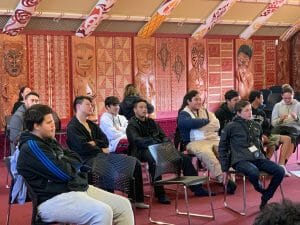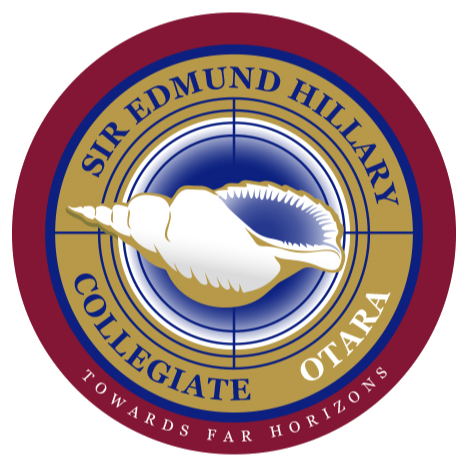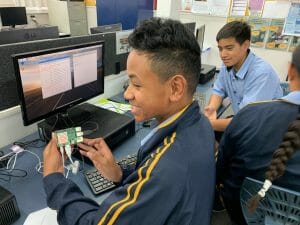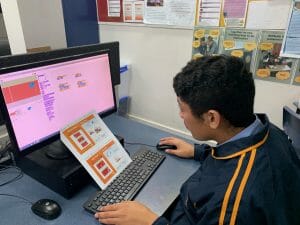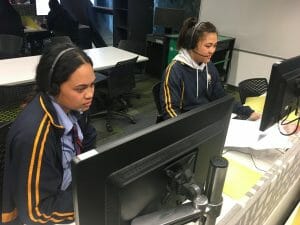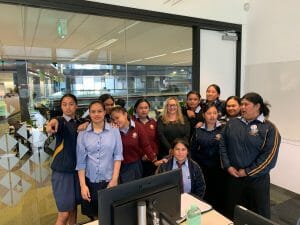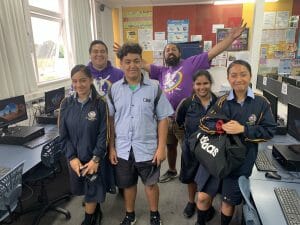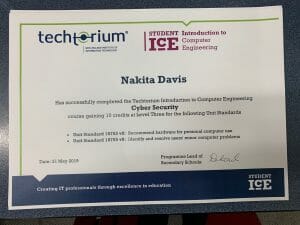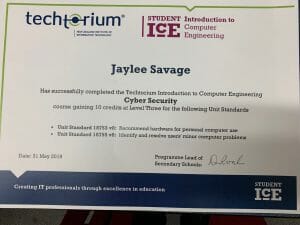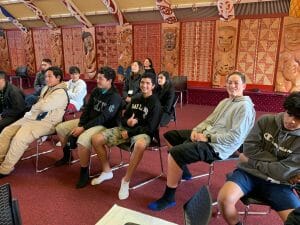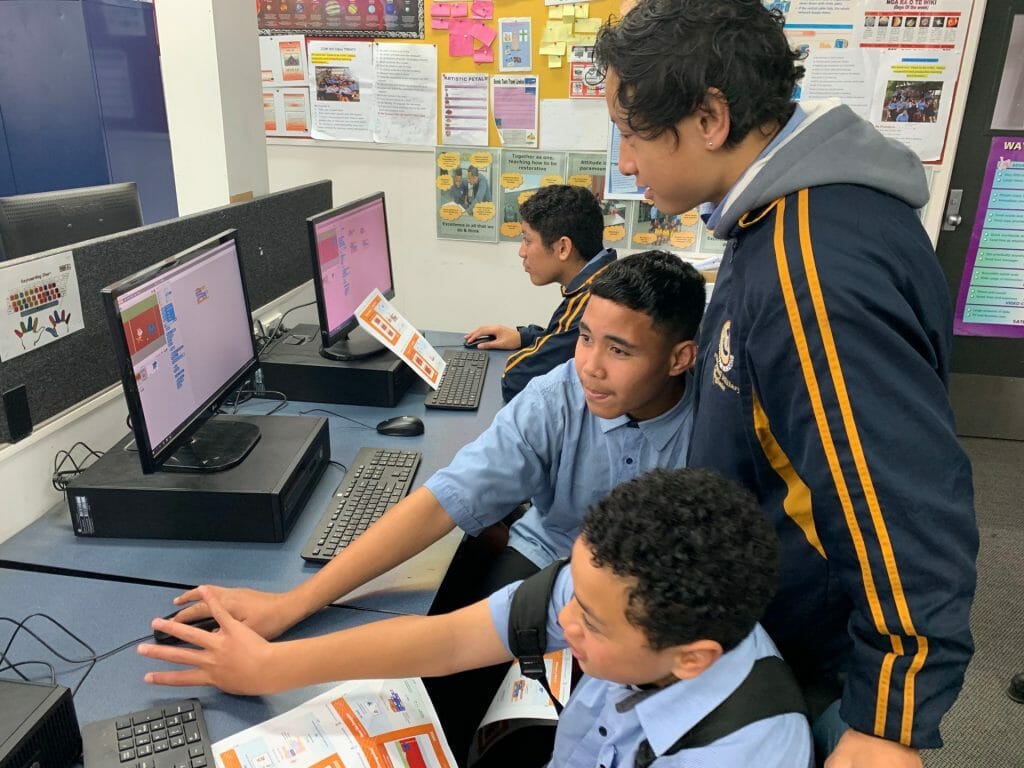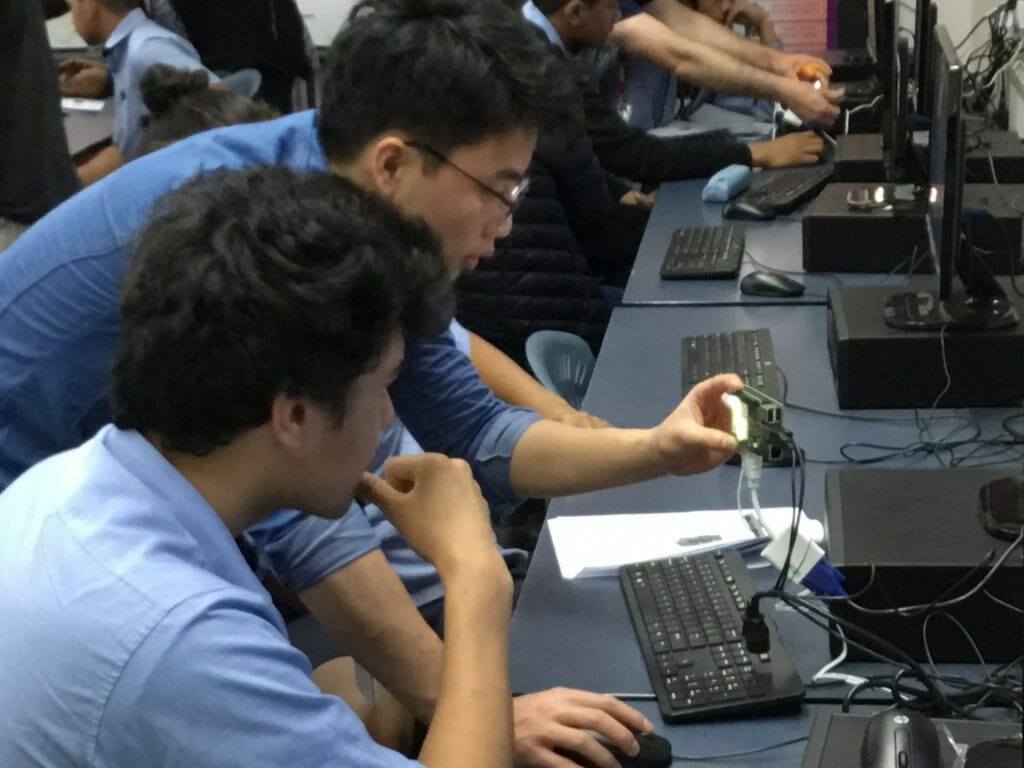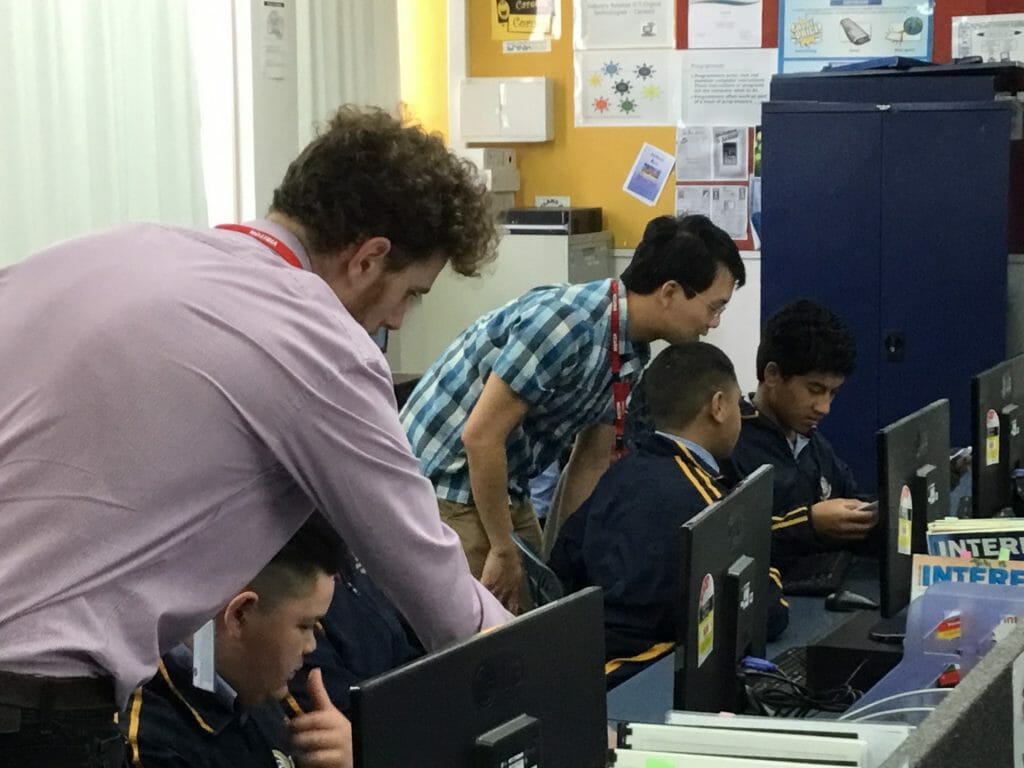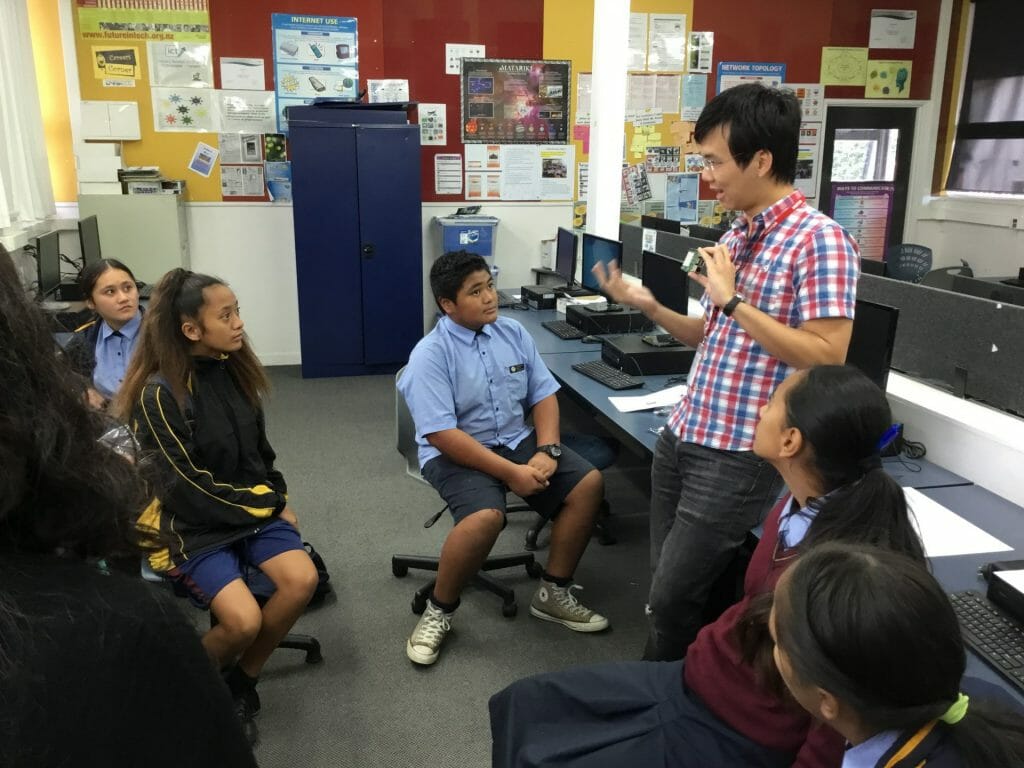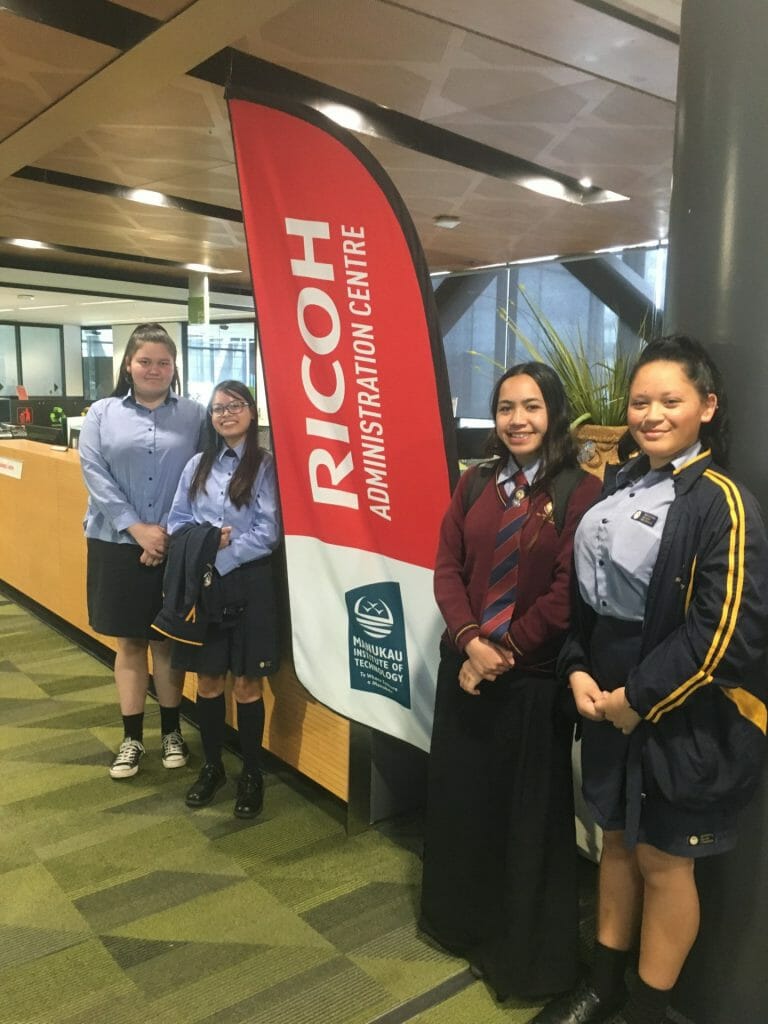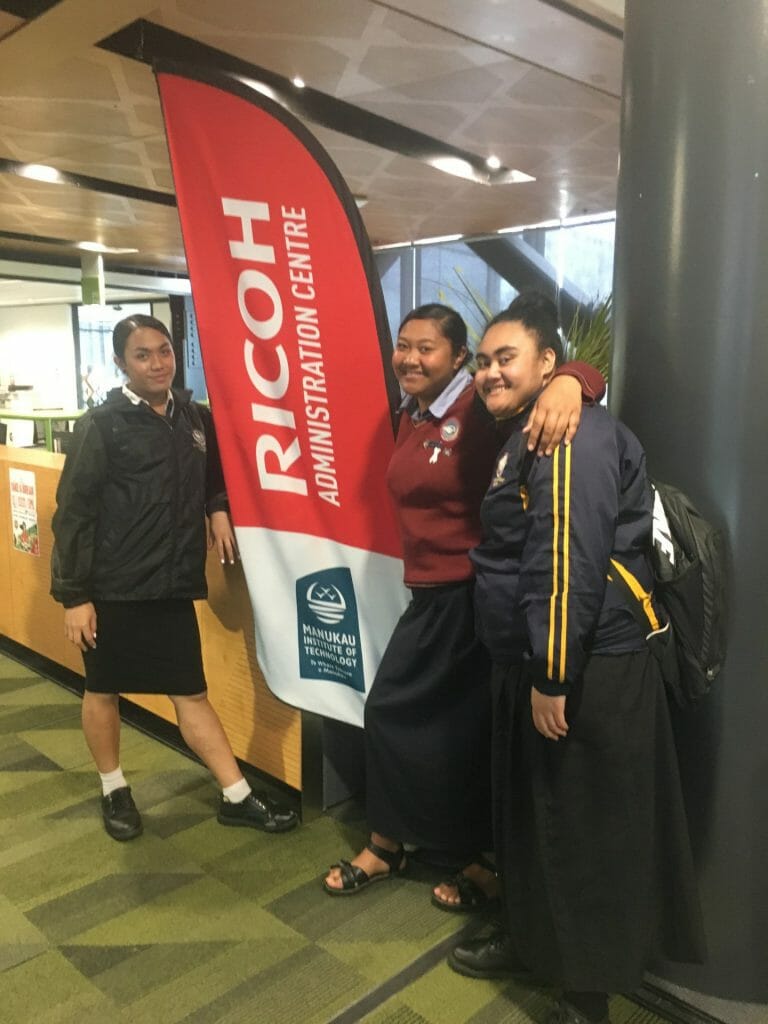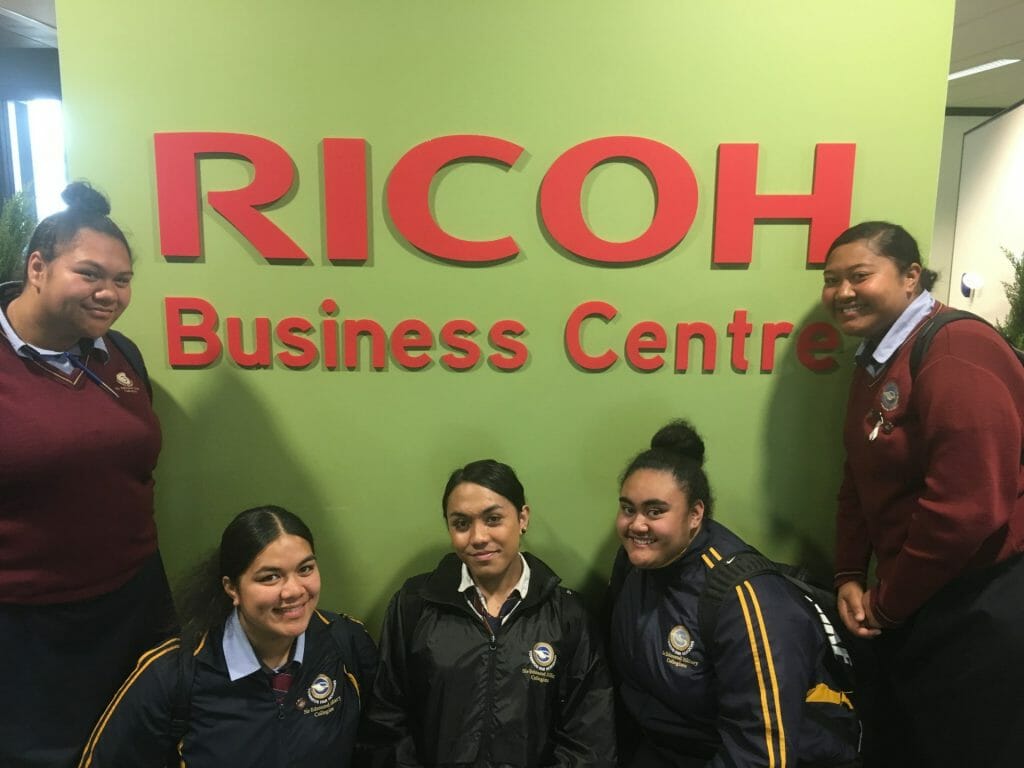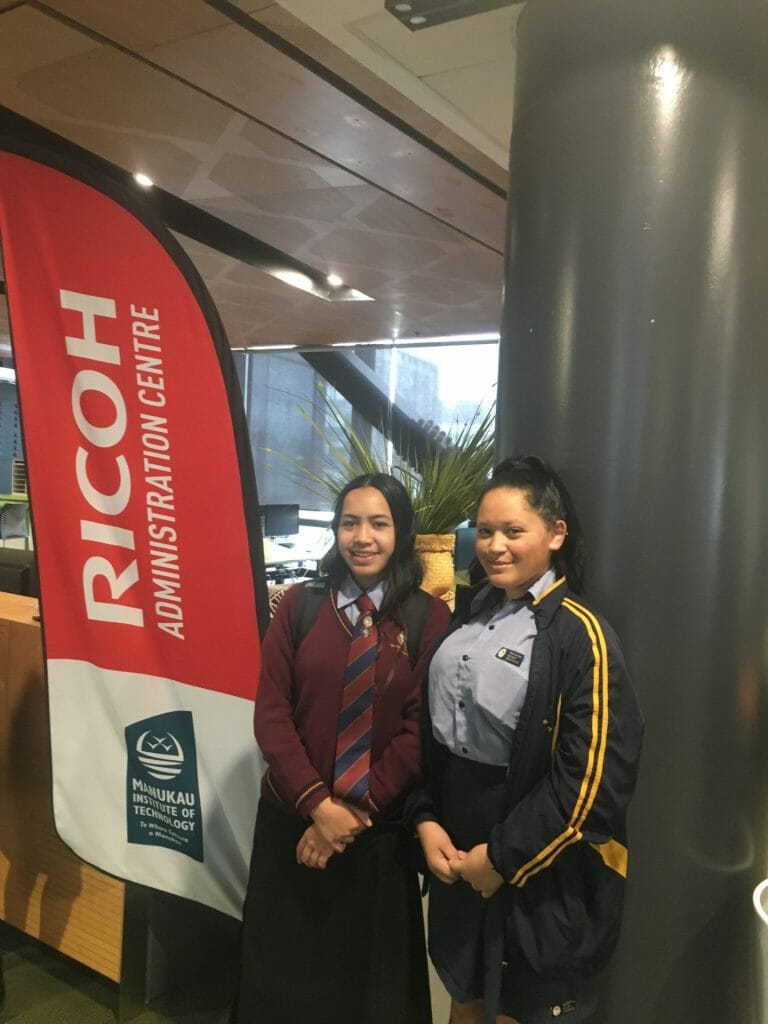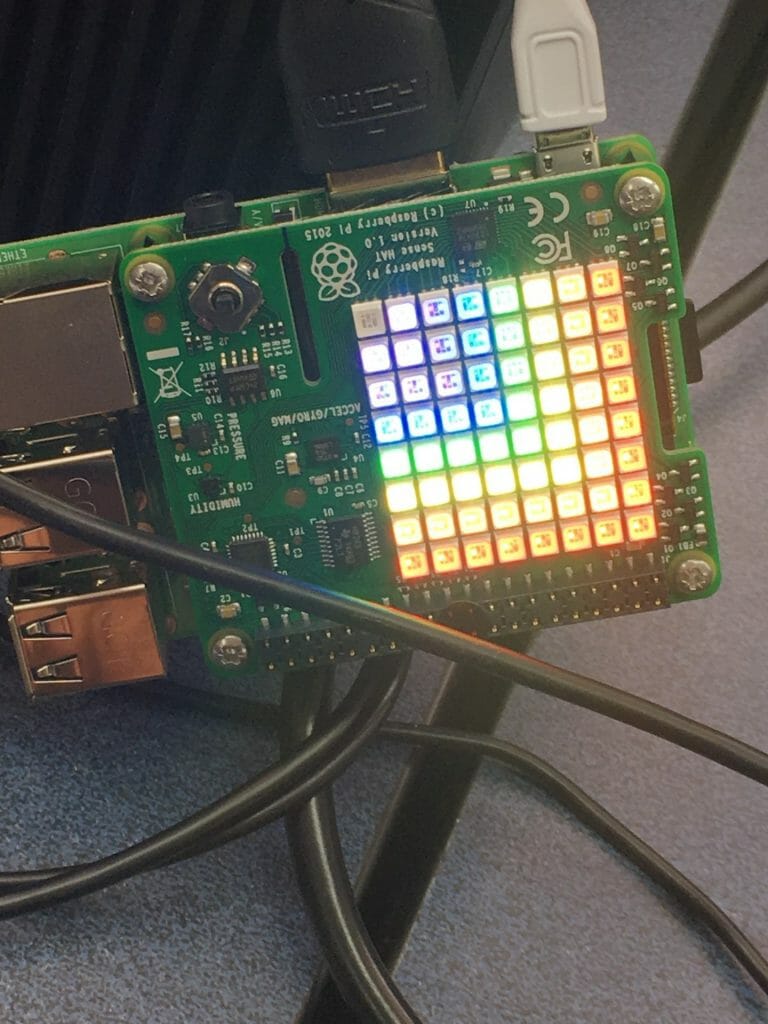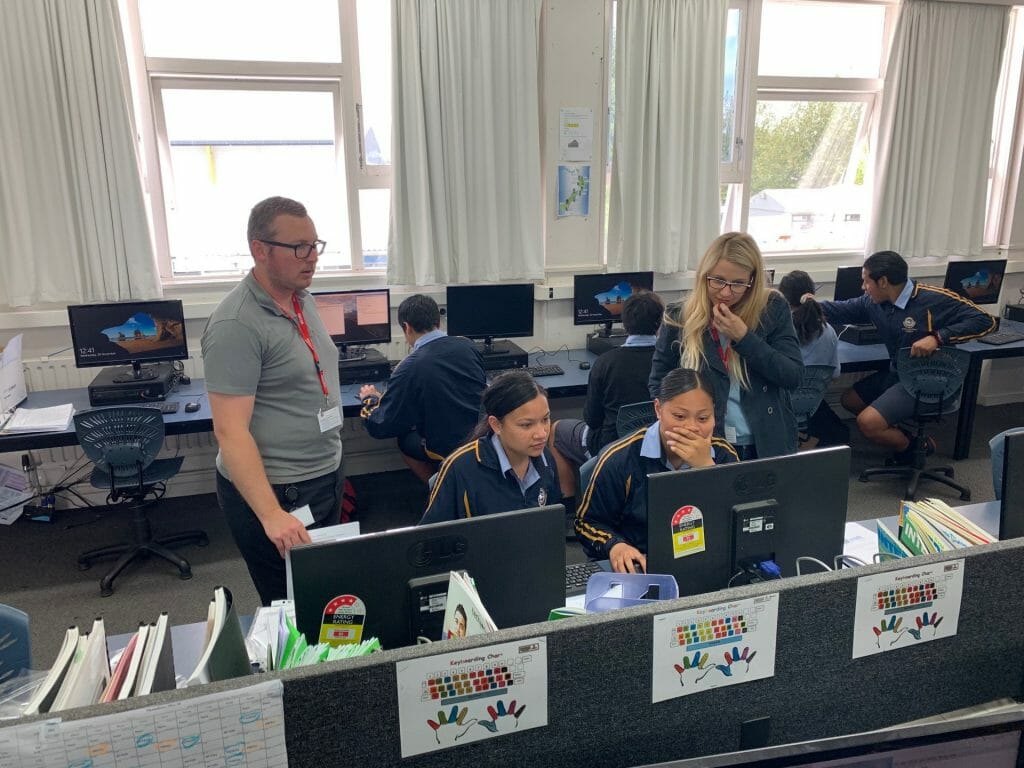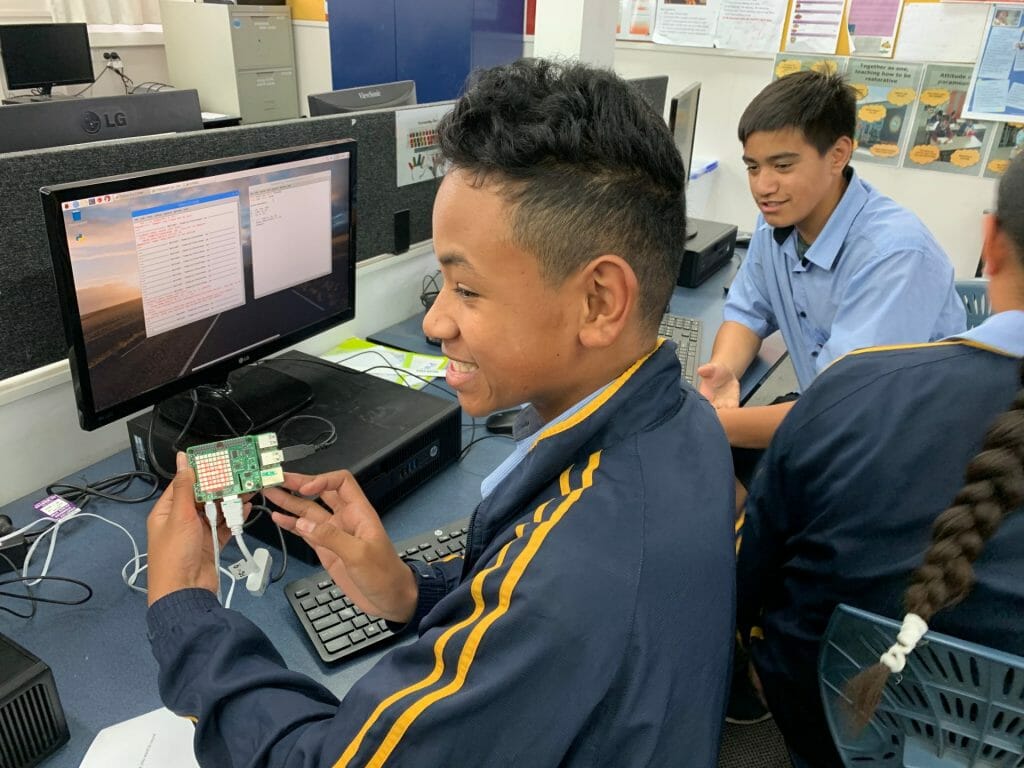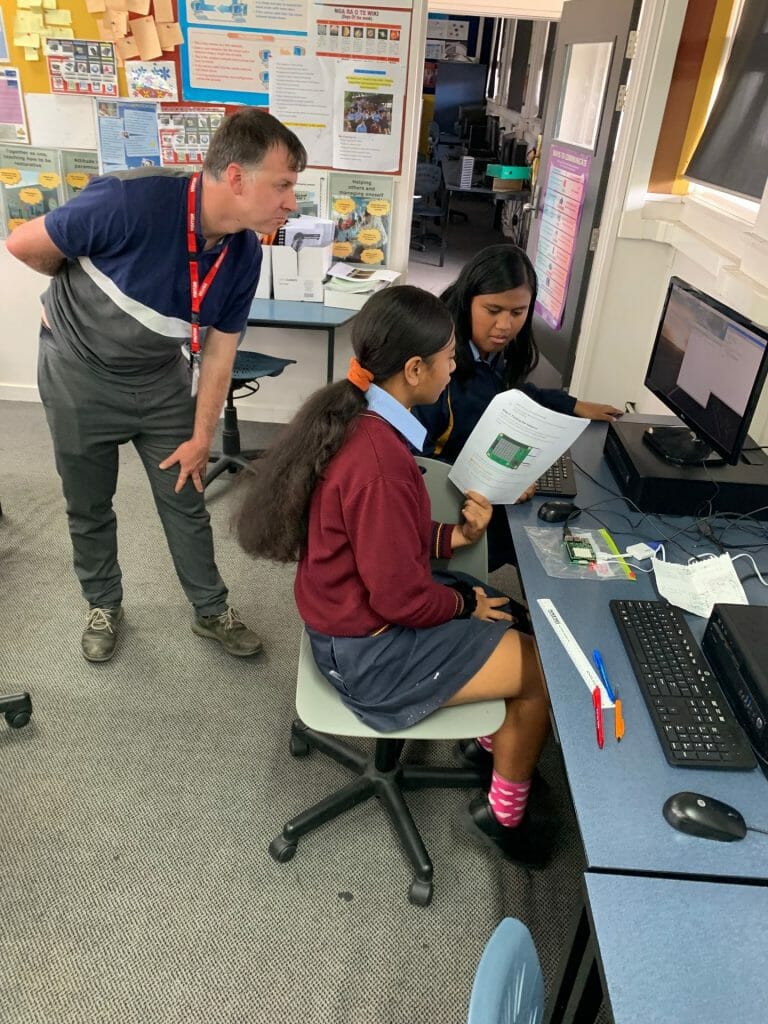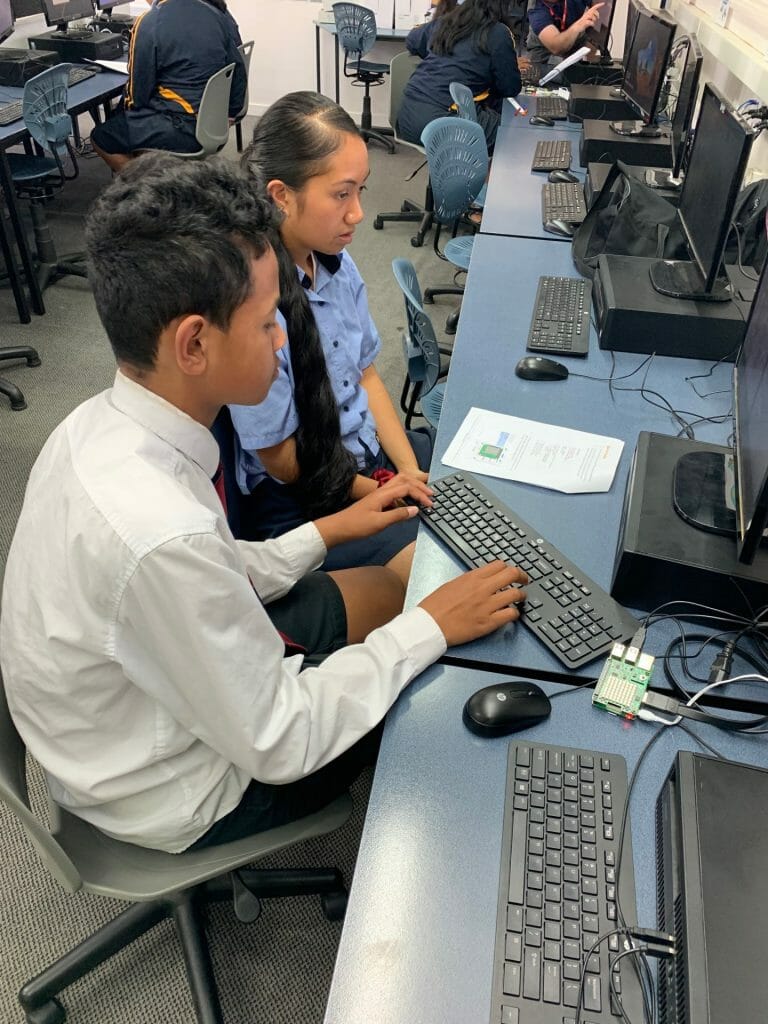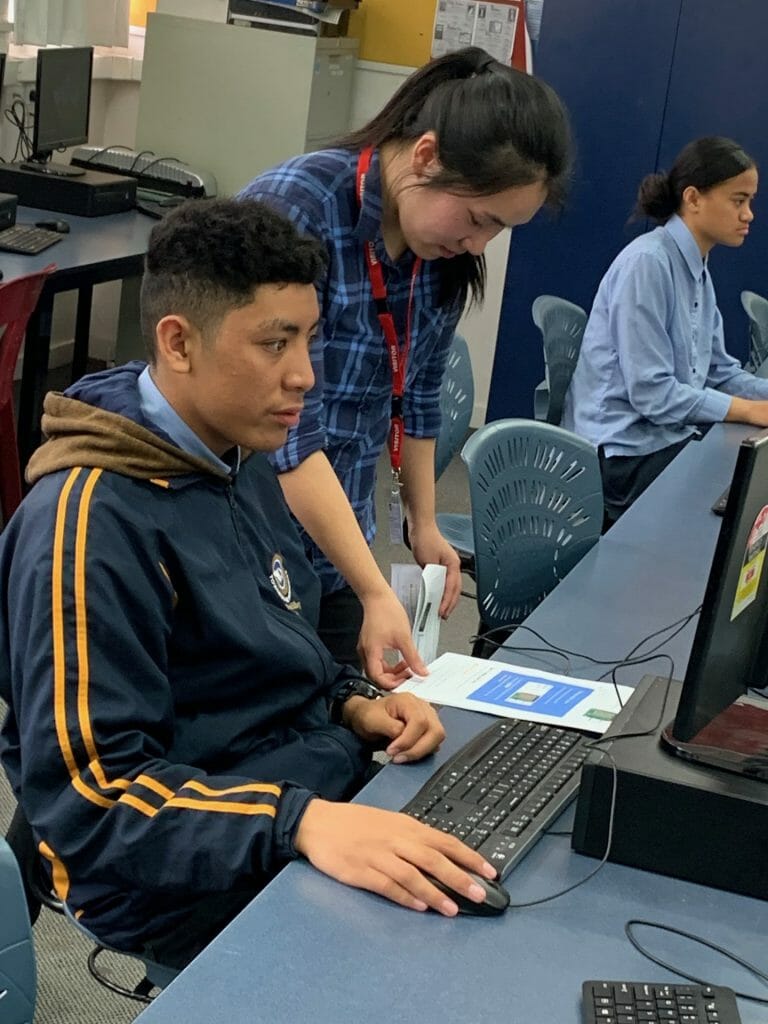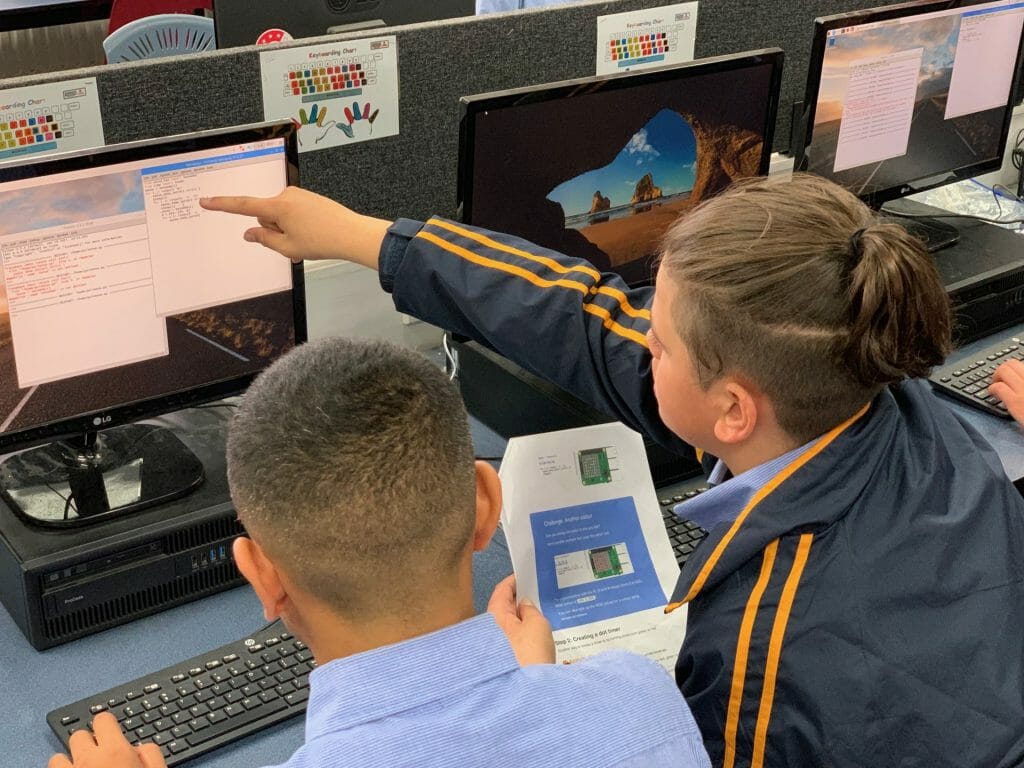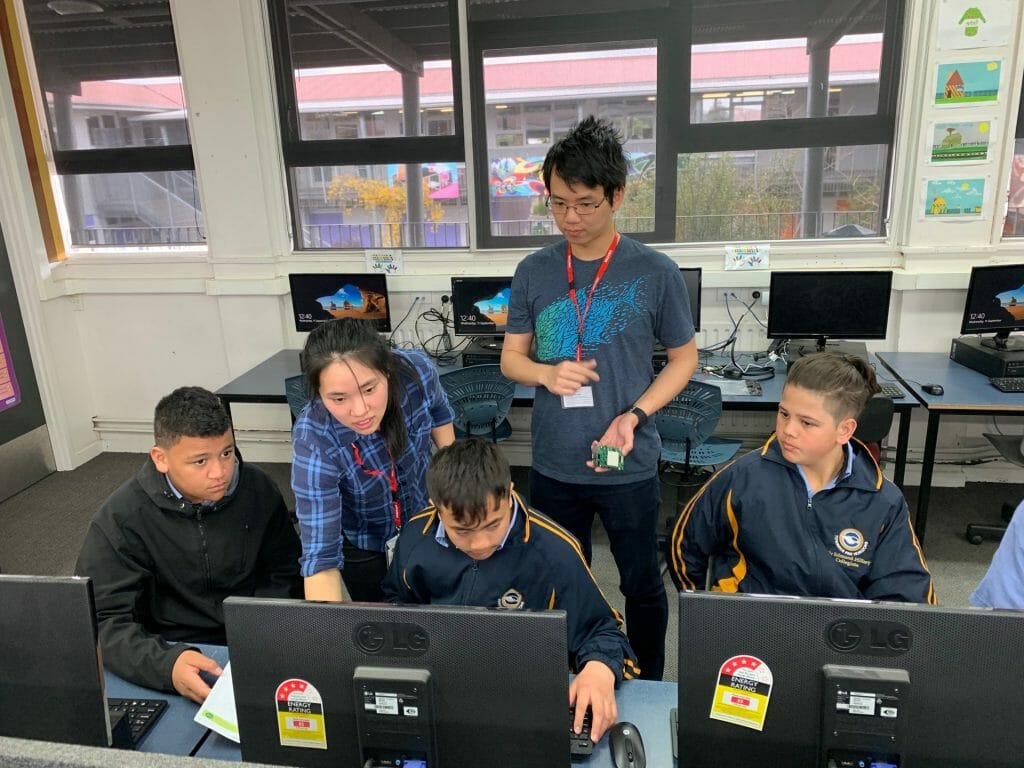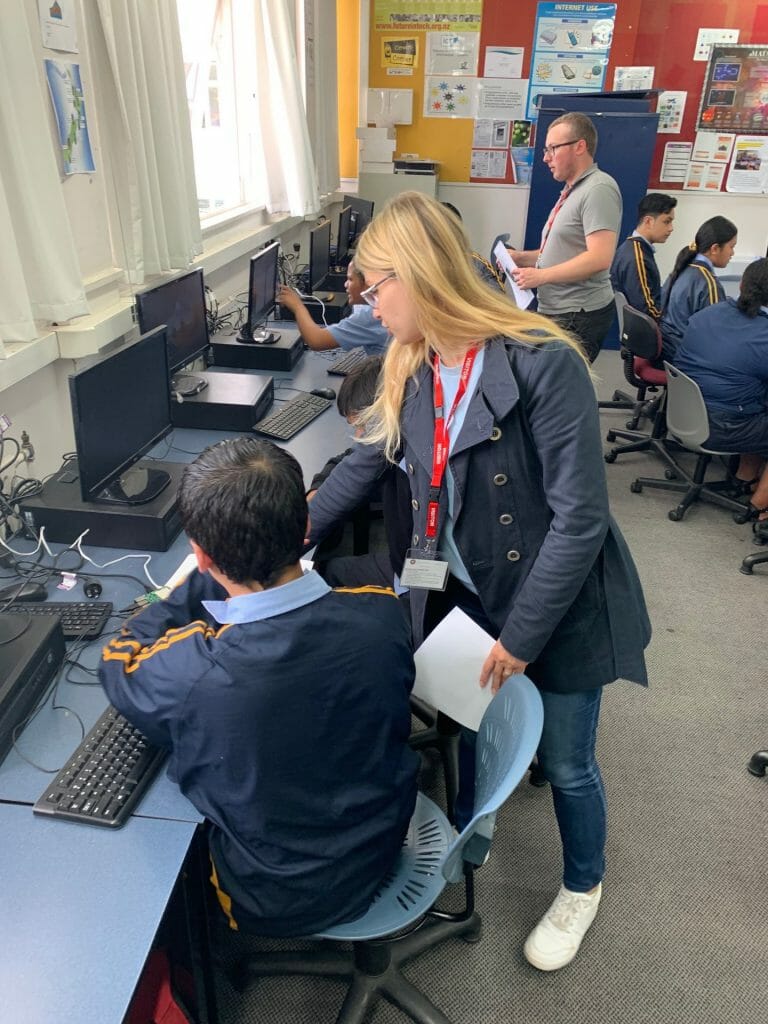Digital Technologies
Digital Technologies is about teaching students the theory of how technology works, and how they can use that knowledge to solve problems.
Digital Technologies should not be taught in isolation. It should be integrated across the curriculum in a meaningful contexts.
Digital Technology is not just about using a computer, phone or tablet, it is about understanding how these technologies were imagined, created and used.
Two strands:
- Computational Thinking – is a problem solving process and is essential to the development of computer applications.
- Designing and Developing Digital Outcomes
We encourage all our students in our department to feel valued and empowered to achieve and succeed in computing courses.
Coding & OZOBOT Robots
Year 9-11 students are using OZOBOT which is a little robot – teaches students programming by identifying lines, colours and codes on paper and digital surface eg. iPads.
FP healthcare & Code Club (Raspberry Pi device)
We have been very privileged to have Fisher and Paykel volunteers who are System Engineers and Programmers come to our school for the last two years to teach our students programming using Raspberry Pi devices. It is a small device that enables students to learn how to program using Python or Scratch.
“Programming is very important skills to equip our students with the new digital skills as they need to have it no matter what industry they are going to be in the future.
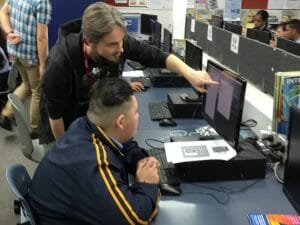
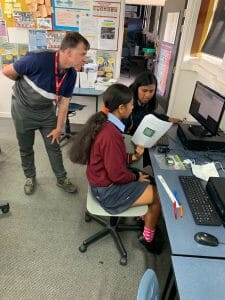
The students enjoyed using the devices and this gave them the opportunity to see how programming relates to physical devices and sensors.
Programming – Scratch – Y9/10 DGT
Scratch is a free programming language and online community where our students can create their own interactive stories, games, and animations.
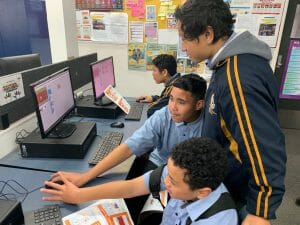
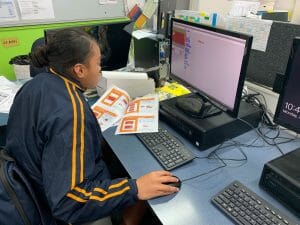
L1-3 Computer Studies (Vocational) & Manukau Institute of Technology Courses
Our aim for L1-3 Computer Studies (Vocational) is to help our students to either carry on with their studies or career goals with workplace office administration and customer service.
By end of Year 12 and 13 they will achieve 23 Level 2 and Level 3 credits as well as the course completion certificate from MIT.
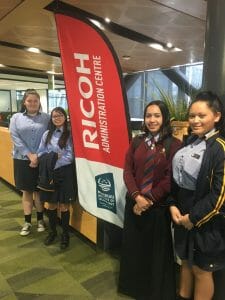
Rimariki’s Success Story regarding L3 Computing Course at MIT
https://youtu.be/ClQnRh1XF0Q
Possible jobs after finishing Workplace Business Administration & Computing Levels 2 and 3:
- Working in the Airport or any other Travel Agency
- Receptionist in hotels, airports, front office at schools or any other companies
- Sales Manager
- Help desk operator
- Office Manager
- Executive Assistants
- Data Entry
- Administrator
- Small Business Owners
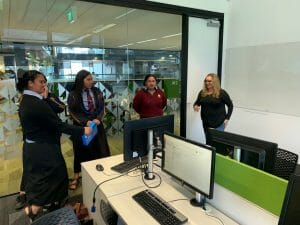
Well done to all Level 2 students who achieved 25 Lvel 2 credits as well as MIT Certificate of Completion!
Indigenous Game Design
The programme is led by a group of indigenous developers who are real game developers. They are currently working in the NZ game development economy and bring their own knowledge of the industry into the classroom.
Purpose of the IGD Project is to develop a new generation of indigenous game designers and to encourage cultural aspects by using the digital medium.
Students will learn:
- The fundamental game design theory
- Programming
- Game development fundamentals
- Art and sound development
Techtorium Cyber Safety L3 Digital Literacy L2 Courses
In 2019 many students were involved in doing Computing courses with Techtorium during the holidays.
Congratulations to Nakita and Jaylee and they achieved 10 level 3 credits during Year 12 and both are non-computing students, however they took ownership and responsibility over their learning by committing themselves to the holiday programme in order to gain computer skills and credits.
Term Two Holidays programme
Seven Maori students were involved in a 3 day Digital Media course which was held at MIT during Term 2 holidays in order to create their own INTERACTIVE APP that tells a story.
This programme involves the following aspects:
- Introduce Maori students to the media technology world
- Learn about pathways into the media tech industry
- Display an App being built on their software platform
- Direct the building of their interactive app with animation, sound effects and music
- Also they learnt how to promote their app on social media
